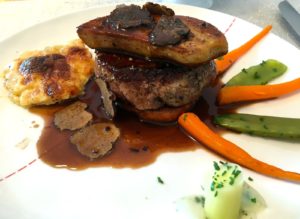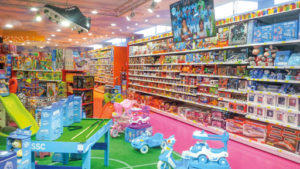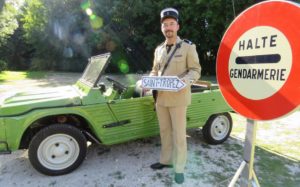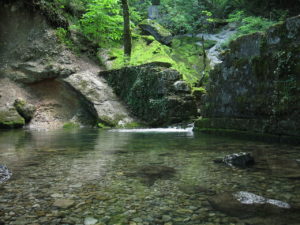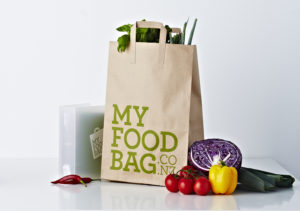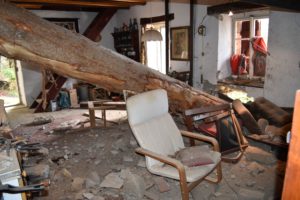I don’t know if you’ve noticed, but out here in the Geneva countryside, people seem to be getting grouchier and grouchier.
Take the hedge police, for example. Back in the day they would come, look you in the eye, and explain that your relationship with your own personal flora was criminal (https://blogs.letemps.ch/joy-kundig/2016/05/17/busted/).
These days, a man phones in the middle of the night and over the noise of his snowplough, yells that your hedge is causing international chaos, possible road-closure, and that a specialized enterprise will have to be called in unless you deal with it, pronto!
We considered phoning the village COVID19-help hotline which offers services to at-risk retired people, but thought this just might make matters worse, as they would call HIM to come and help us, and he didn’t seem to be in the mood to appreciate the irony.
So we stepped out, intrepid, into the cold darkness, armed with flashlight and clippers. Minutes later, four long bamboo shoots (asylum seekers from the neighbour’s garden) lay dead beside the road.
The next morning, with mental health still somewhat fragile, there was a rare serendipitous meeting with an old acquaintance. He was searching for green tea at the local supermarket. Upon masked and distanced enquiry about health and general well-being, he replied, “Can it get worse?”
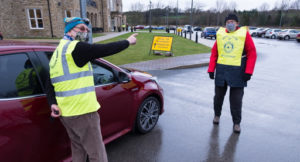 This called for the direct question of actual illness. No, he said, he was simply hanging on until January 26th. This being Geneva, one does NOT enquire further. Health problems are shrouded in secrecy. Not even I blundered into that one. –Was it open-heart surgery, cancerous lump removal, a brain aneurysm that that needed to be coiled and stented, a colonoscopy???—
This called for the direct question of actual illness. No, he said, he was simply hanging on until January 26th. This being Geneva, one does NOT enquire further. Health problems are shrouded in secrecy. Not even I blundered into that one. –Was it open-heart surgery, cancerous lump removal, a brain aneurysm that that needed to be coiled and stented, a colonoscopy???—
No, he went on, he was waiting for his COVID vaccination that had been arranged. Bitterly, he spoke of a friend who had had the blind luck to get a slot in front of him. He asked what we had done. I said we were just waiting for something to happen. A mild email had been sent to the family doctor. There had been no reply.
Mollified by our obvious negligence, and our not taking up coveted positions in front of him in the vaccination line-up, he explained his current personal search for elusive green tea. They only had bags here, and he would have to go to the shopping mall on the other side of the Rhone River to get the real thing.
I told him at least he had a mission—something to do. This was gasoline on the fire of frustration. He stamped his foot and said he had MANY things to do.
Convinced that I had lost all human conversational skills due to months of talking only to the cat, a zoom call last night went a long way to restoring my mood and mental harmony. An English friend announced he had applied to become an NHS Vaccination Marshall. It was hoped this position would include an anti-COVID shot.
We laughed and laughed and laughed.
